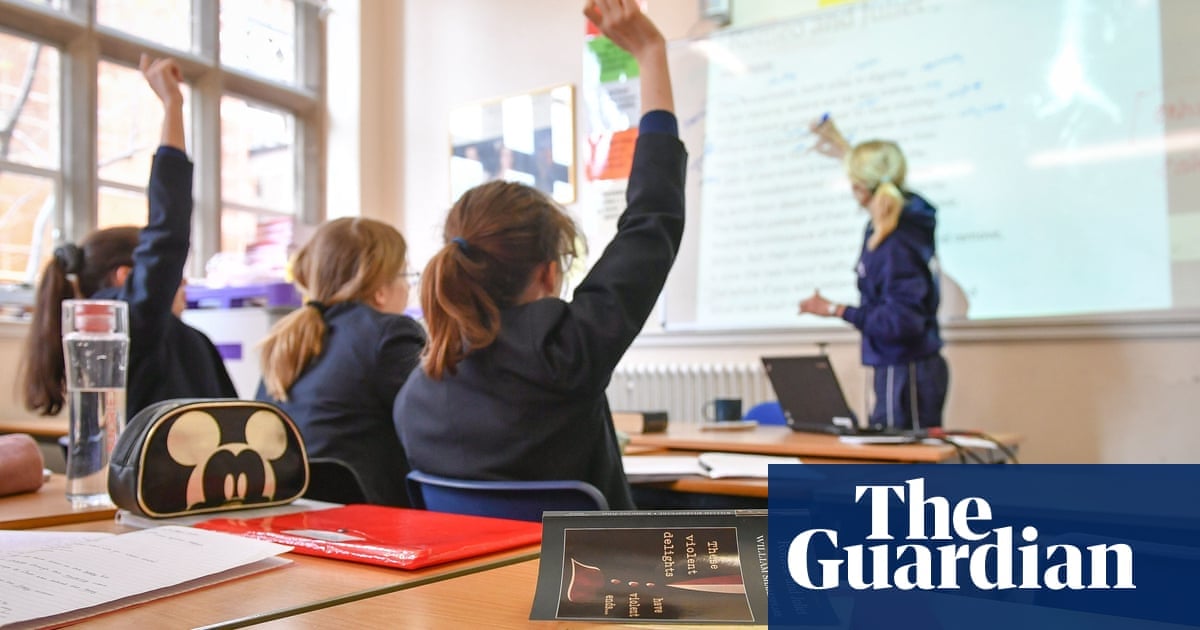Children will be taught how to spot extremist content and misinformation online under planned changes to the school curriculum, the education secretary said.
Bridget Phillipson said she was launching a review of the curriculum in primary and secondary schools to embed critical thinking across multiple subjects and arm children against “putrid conspiracy theories”.
One example may include pupils analysing newspaper articles in English lessons in a way that would help differentiate fabricated stories from true reporting.
In computer lessons, they could be taught how to spot fake news websites by their design, and maths lessons may include analysing statistics in context.



“Critical thinking” was a buzzword when I was at school in the 80s.
Memorisation is a component of learning, but the vast majority of any learning I’ve done has been understanding.
Certainly children need to learn to be skeptical, but I hope we can do better than showing them biased articles from newspapers.
Is it a buzzword though? I always took it as the ability to understand AND question in order to prove/disprove/ build upon said understanding.
I think they mean that it was a buzzword because although it was mentioned, it wasn’t a substantial part of state education at the time. They’re saying that it “was” a buzzword, rather than that it is one.
Fair enough! That makes sense
The difference between intelligence and wisdom. We have been prioritizing the former at the detriment of the latter.
This is how you end up with people like Elon Musk who I will give the benefit of the doubt and say he isn’t dumb, but Christ he’s a moron.
I’m not sure you mean intelligence and wisdom.
Intelligence is the capability to apply your brain to problems. Wisdom is the lessons you learn through experience.
Maybe “knowledge Vs wisdom” is a better way of putting it.
Fair point
We were shown different news articles from about the same event and were given the task to point out their biases based on the differences. Do schools over there do that too?
I did in history class, the point being that when trying to assess historical evidence you have to take into account the source of the information to understand the biases contained in it.
It wasn’t in general classes though.
I honestly don’t remember. That’s not a yes or a no but “I’m not sure”. The critical thinking they were talking about wasn’t necessarily relating to media though, but more general - like a habit of challenging assumed knowledge.